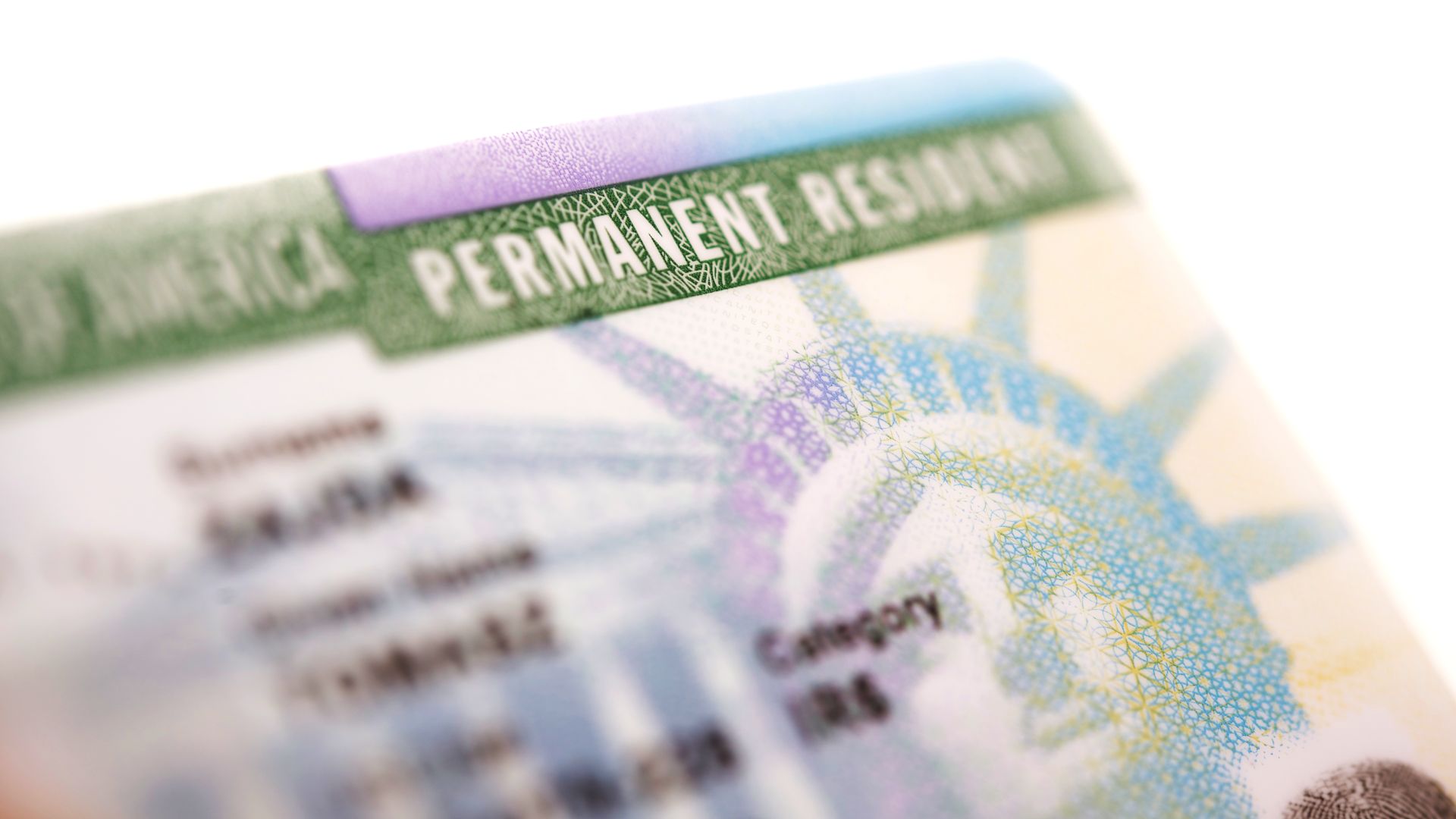Many individuals wonder whether hiring an immigration lawyer is necessary. While it’s possible to handle certain aspects of the immigration process independently, having a qualified attorney can make a significant difference in many situations.
In this blog, we’ll explore when it makes sense to hire an immigration lawyer, the benefits of professional legal assistance, and the factors to consider in making this decision. Whether you’re applying for a green card, facing deportation, or seeking a work visa, understanding your legal options is crucial for a successful outcome.
Understanding the U.S. Immigration System
The U.S. immigration system is governed by a web of laws, including the Immigration and Nationality Act (INA), and overseen by agencies such as the United States Citizenship and Immigration Services (USCIS), Immigration and Customs Enforcement (ICE), and the Department of State. The processes for obtaining visas, permanent residency, or citizenship are highly regulated and can involve numerous forms, interviews, background checks, and more.
When Is a Lawyer Necessary?
While not every immigration situation requires an attorney, certain circumstances make legal representation advisable—or even essential. Here are some examples:
1. Complex Immigration Cases
- Deportation or Removal Proceedings: If you are facing deportation, an immigration attorney can help defend your case in immigration court.
- Criminal Records: Immigration applications become significantly more complicated if you have a criminal record, as certain offenses can make you inadmissible.
- Denied Applications: If your visa, green card, or citizenship application has been denied, a lawyer can help you file an appeal or reapply correctly.
- Waivers of Inadmissibility: If you’re deemed inadmissible for reasons like health issues, criminal history, or unlawful presence, an attorney can assist in applying for a waiver.
2. Business and Employment-Based Immigration
- Employers or individuals applying for employment-based visas like H-1B, L-1, or O-1 often benefit from legal assistance due to the complex nature of these applications.
- Companies sponsoring foreign workers must navigate labor certification requirements, which can be intricate and time-sensitive.
3. Family-Based Immigration
- While sponsoring a family member for a green card may seem straightforward, issues such as inadmissibility, past immigration violations, or age restrictions can complicate the process.
- Filing for a fiancé(e) visa (K-1 visa) involves additional scrutiny and documentation.
4. Seeking Asylum
- Asylum cases require substantial evidence to prove persecution based on race, religion, nationality, political opinion, or membership in a particular social group. Legal representation is critical to present a strong case.
5. Citizenship and Naturalization
- Issues like failing the English or civics test, past travel history, or previous denials can complicate the citizenship process, making legal guidance valuable.
Benefits of Hiring an Immigration Lawyer
1. Expertise in Immigration Law
Immigration laws are complex and subject to frequent changes. An experienced immigration lawyer stays up-to-date with the latest regulations and policies, ensuring your application complies with all requirements.
2. Avoiding Costly Mistakes
Errors on immigration forms or missing deadlines can result in application denials or delays. A lawyer can ensure all paperwork is accurate and submitted on time.
3. Personalized Legal Strategy
Each immigration case is unique. A lawyer can analyze your specific circumstances, identify potential challenges, and craft a tailored strategy to maximize your chances of success.
4. Representation in Legal Proceedings
If your case requires appearing in immigration court, an attorney can represent you, present evidence, and argue on your behalf.
5. Support Through Complicated Processes
From gathering supporting documents to preparing for interviews, an immigration lawyer can guide you through every step of the process.
Do I Always Need a Lawyer?
While a lawyer is invaluable in complicated cases, you might not need one for straightforward situations such as:
- Applying for a tourist visa.
- Renewing a green card.
- Filing a basic family sponsorship application (without complications).
However, even in seemingly simple cases, consulting an immigration attorney can provide peace of mind and ensure you’re on the right track.
How to Choose the Right Immigration Lawyer
1. Verify Credentials
Ensure the attorney is licensed and a member of the American Immigration Lawyers Association (AILA), which demonstrates a focus on immigration law.
2. Check Experience
Look for an attorney with experience handling cases similar to yours.
3. Read Reviews and Testimonials
Client reviews can provide insights into the lawyer’s professionalism and success rate.
4. Schedule a Consultation
Many immigration lawyers offer initial consultations to assess your case. Use this opportunity to ask about their approach and fees.
5. Avoid Scams
Be cautious of “notarios” or unlicensed individuals offering legal services. Only hire licensed attorneys or accredited representatives authorized by the Department of Justice.
Closing Thoughts
While it’s not legally required to have an immigration lawyer for all cases, their expertise can significantly increase your chances of a successful outcome in many situations. Immigration law is intricate and ever-changing, and even minor errors can lead to delays or denials. Whether you’re dealing with a complex case or seeking reassurance in a straightforward application, consulting an experienced immigration attorney is a wise investment in your future.
If you’re unsure whether you need a lawyer, schedule a consultation to discuss your specific circumstances. With the right legal support, you can navigate the U.S. immigration system more confidently and effectively.








